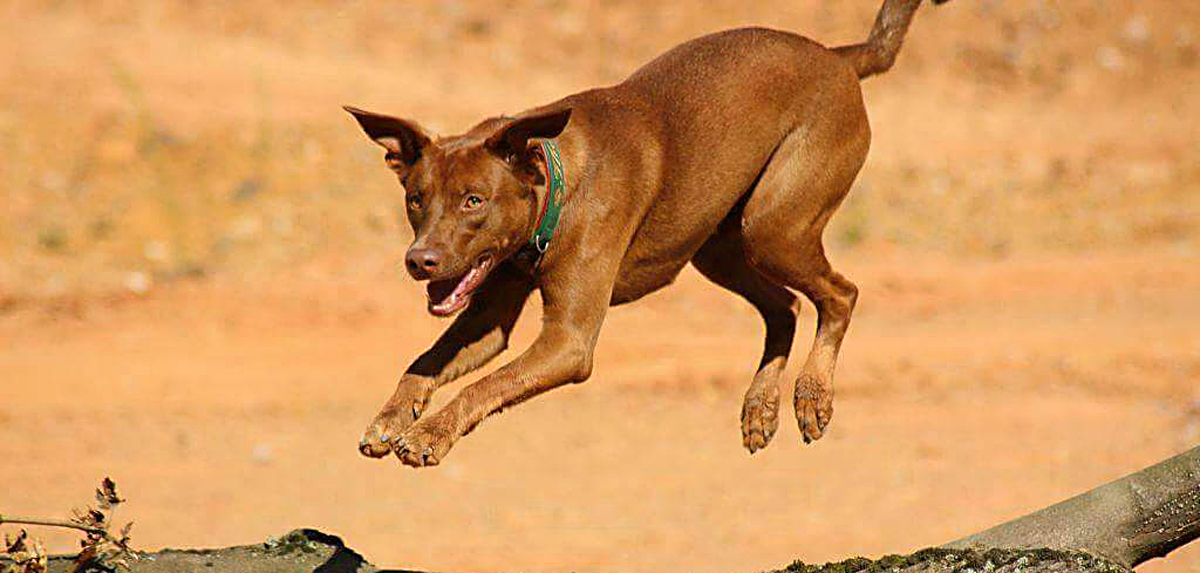Wildlife often struggles to find food during winters that have heavy snow. By spring, many animals are vulnerable and weak. So if you are planning to take your dog on hikes this spring and summer, make sure your pet doesn’t chase or harass any wildlife.
Dogs that are off-leash in nature may act on their instincts to chase deer and other big game animals they see. However, that is harmful for the deer because by the end of winter, they are usually in survival mode.
“If they get chased, it uses up their energy and they might not survive the winter,” said KJ Pollock, public Uinta-Wasatch-Cache National Forest public affairs specialist. “These animals are often starving, and they can’t afford to waste energy from any actions that cause them to move away from where they are trying to feed.”
Deer and other big game animals typically move to lower elevations in search of feed during the snowy winter months, which often brings them closer to roads and other populated urban areas where people and pets may be.
While there are many areas throughout the state where dogs aren’t required to stay on a leash, we ask that pet owners not let their dogs chase deer, elk, moose or other wild animals. It can be harmful not only for the wildlife, but also can be dangerous for your pet.
“Wildlife is often unpredictable and may injure or kill a dog seen as threatening,” said Covy Jones, Utah Division of Wildlife Resources big game coordinator.
(Photo source: U.S. Fish and Wildlife Service)
